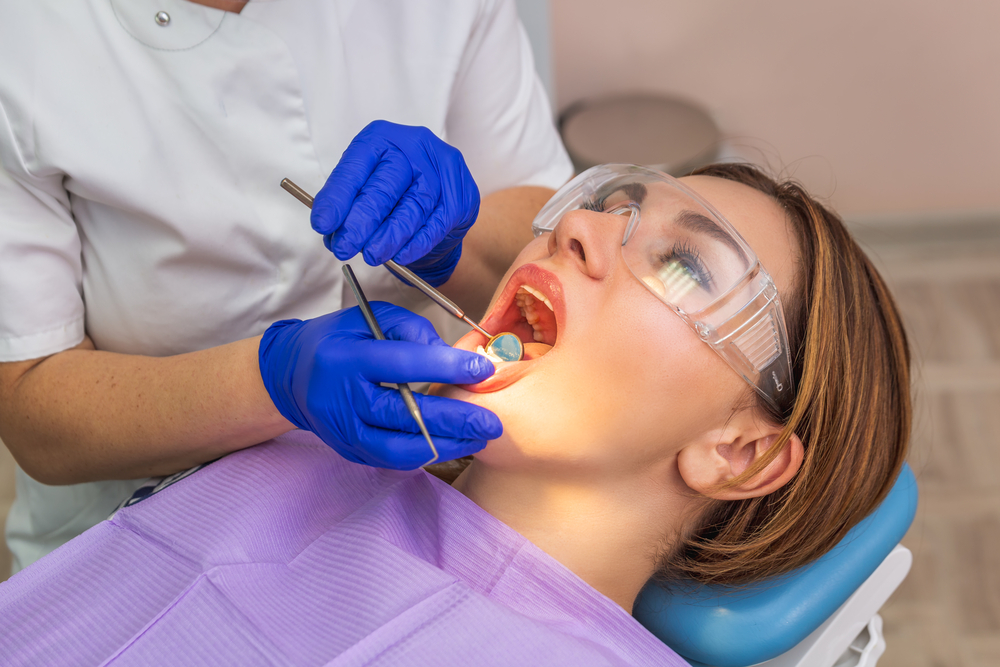Root canal therapy is a vital dental procedure designed to salvage a tooth severely infected or decayed by removing the infected pulp and sealing the tooth to prevent further damage. While this treatment is essential for restoring dental health, it is crucial to consider specific factors related to women’s overall health when undergoing root canal therapy.
The Importance of Root Canal Therapy
Root canal therapy is recommended when the inner pulp of a tooth becomes infected or inflamed due to deep decay, repeated dental procedures, cracks, or trauma. If left untreated, such conditions can lead to severe pain, abscess formation, and even tooth loss. The procedure involves removing the infected pulp, cleaning the root canal, and sealing it with a biocompatible material to protect it from further infection.
Women’s Unique Dental Health Considerations
Women experience unique oral health challenges throughout their lives, influenced by hormonal changes during puberty, menstruation, pregnancy, and menopause. These hormonal fluctuations can affect gum health, making women more susceptible to gum disease and other oral health issues. During pregnancy, for instance, hormonal changes may increase the risk of gum inflammation and infection, which can impact the success of root canal therapy if not managed effectively.
Impact of Hormonal Changes
Hormonal fluctuations can affect the body’s response to infection and healing processes, potentially influencing the outcomes of dental procedures like root canal therapy. Estrogen and progesterone levels, which fluctuate during different stages of a woman’s life, can affect blood flow to the gums and alter the body’s immune response. This highlights the importance of considering the timing of dental treatments in relation to hormonal changes to achieve optimal outcomes.
Health Conditions Affecting Women
Certain health conditions more prevalent in women, such as osteoporosis and autoimmune disorders like rheumatoid arthritis, can also impact dental health and the success of root canal therapy. Osteoporosis, characterized by decreased bone density, can affect the jawbone’s ability to support dental implants or impact the healing process following root canal therapy. Autoimmune disorders may compromise the body’s ability to heal and respond to dental treatments effectively.
Pregnancy and Root Canal Therapy
Pregnancy is a time when women may require special consideration regarding dental treatments, including root canal therapy. Dental infections left untreated during pregnancy can pose risks to both maternal and fetal health. While dental procedures, including root canal therapy, are generally safe during pregnancy, it is crucial to coordinate treatment plans with healthcare providers to ensure the safety of both the mother and the baby.
Managing Dental Anxiety
Many women may experience dental anxiety or fear, which can affect their willingness to undergo necessary dental treatments, including root canal therapy. Open communication with dental professionals about concerns and fears can help alleviate anxiety and ensure a more comfortable experience. Techniques such as sedation dentistry or relaxation methods may be utilized to help manage anxiety during dental procedures.
Maintaining Overall Health
Maintaining good overall health is essential for successful root canal therapy outcomes. Adequate nutrition, regular exercise, and proper oral hygiene practices contribute to women’s overall health and support the body’s ability to heal following dental procedures. Women should also be mindful of lifestyle factors such as smoking and alcohol consumption, which can impact dental health and healing.
Root canal therapy is a crucial treatment for preserving a tooth compromised by infection or decay, but women may face unique considerations due to hormonal fluctuations, pregnancy, and specific health conditions. Understanding these factors and coordinating with dental and healthcare providers can optimize outcomes and ensure the maintenance of women’s dental health throughout their lives. By prioritizing oral health and addressing unique considerations, women can achieve successful root canal therapy outcomes and maintain a healthy smile for years to come.

